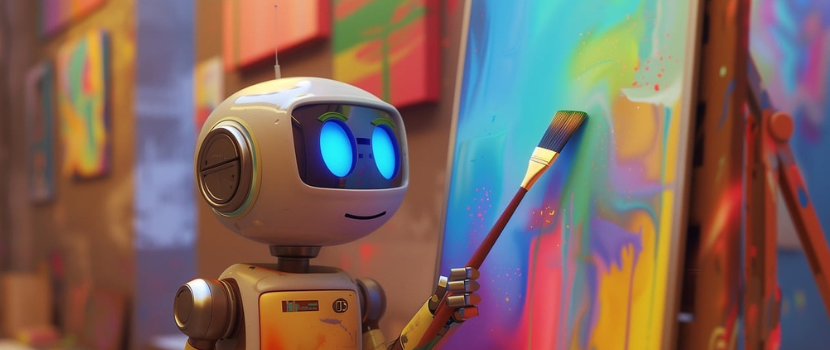Applications of Artificial Intelligence
Artificial Intelligence (AI) has become a transformative force across various industries, revolutionizing the way we work, live, and interact with technology. But how exactly is AI being utilized today, and what impact does it have on our everyday lives? This article delves into the numerous applications of artificial intelligence, from healthcare to entertainment, and examines how this technology is shaping the future.
5 Applications Of Artificial Intelligence:
1. Applications of Artificial Intelligence in Healthcare
AI’s integration into healthcare has been nothing short of revolutionary. From diagnostics to treatment, AI is enhancing the efficiency and accuracy of medical processes.

1.1 Diagnostic Tools
AI-powered diagnostic tools are now capable of analyzing medical images, such as X-rays and MRIs, with a level of precision that often surpasses human experts. For instance, AI algorithms can detect early signs of diseases like cancer or neurological disorders, enabling earlier intervention and improved patient outcomes.
1.2 Personalized Medicine
AI is also paving the way for personalized medicine. By analyzing a patient’s genetic makeup, lifestyle, and medical history, AI can help doctors tailor treatments that are more effective and have fewer side effects. This approach is particularly promising in the treatment of chronic conditions and in the development of new drugs.
2. Applications of Artificial Intelligence in Finance
The financial sector has been quick to adopt AI, leveraging its capabilities to enhance decision-making, manage risks, and provide personalized customer experiences.
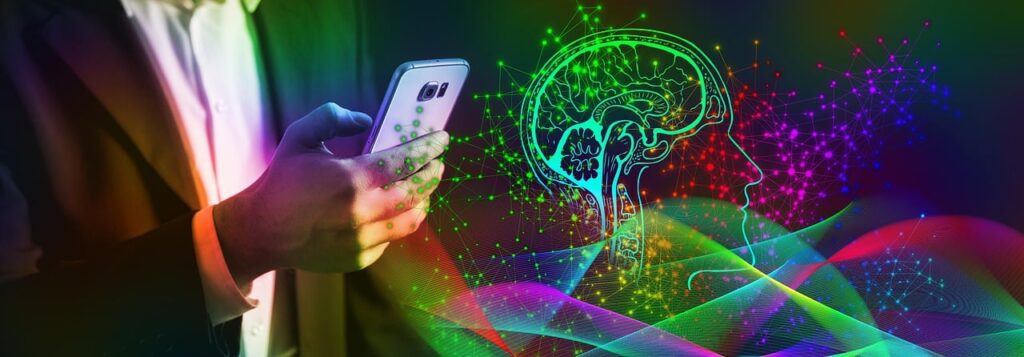
2.1 Fraud Detection
One of the most critical applications of AI in finance is fraud detection. AI algorithms can analyze vast amounts of transaction data in real time, identifying patterns that may indicate fraudulent activity. This not only protects consumers but also helps financial institutions minimize losses.
2.2 Algorithmic Trading
AI-driven algorithmic trading systems are capable of executing trades at speeds and efficiencies unattainable by human traders. By analyzing market data, these systems can make informed decisions in fractions of a second, capitalizing on opportunities and mitigating risks.
3. Applications of Artificial Intelligence in Retail
Retailers are using AI to optimize operations, improve customer experiences, and gain a competitive edge in a crowded market.
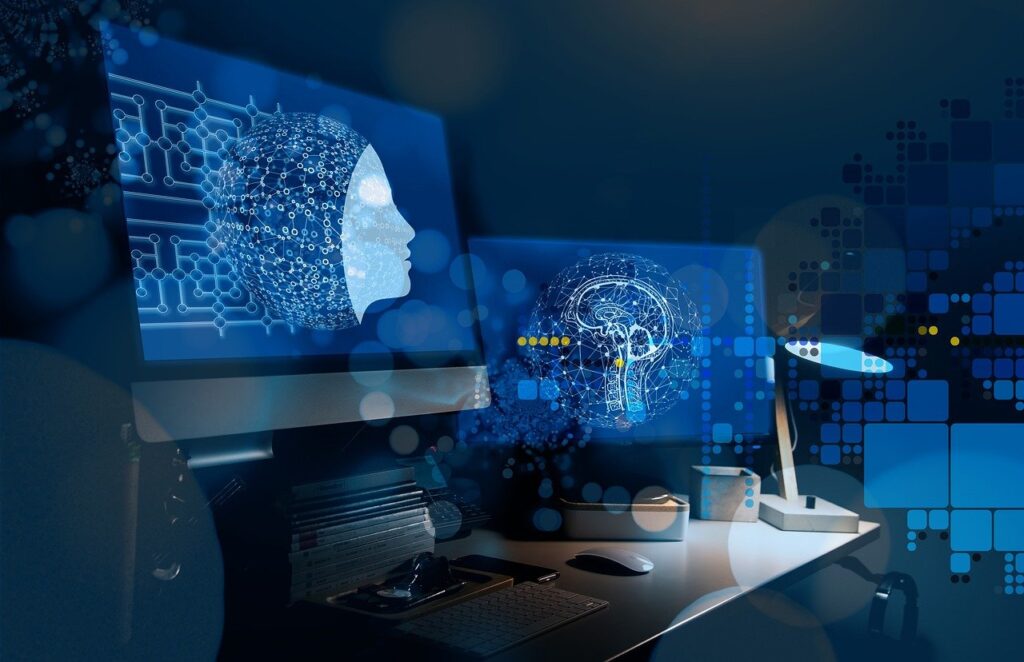
3.1 Personalized Shopping Experiences
AI is transforming the shopping experience by providing personalized recommendations based on a customer’s browsing history, purchase patterns, and preferences. This not only enhances customer satisfaction but also increases sales for retailers.
3.2 Inventory Management
AI-powered inventory management systems help retailers maintain optimal stock levels, reducing the risk of overstocking or stockouts. These systems can predict demand trends, enabling retailers to adjust their inventory in real time.
4.Application of Artificial Intelligence in Engineering
Artificial Intelligence (AI) has rapidly become a cornerstone of modern engineering, driving innovations that are transforming industries and redefining what’s possible. But how exactly is AI being applied in the field of engineering, and what are the implications for the future? This article explores the diverse applications of AI in engineering, highlighting its role in design, manufacturing, and beyond.
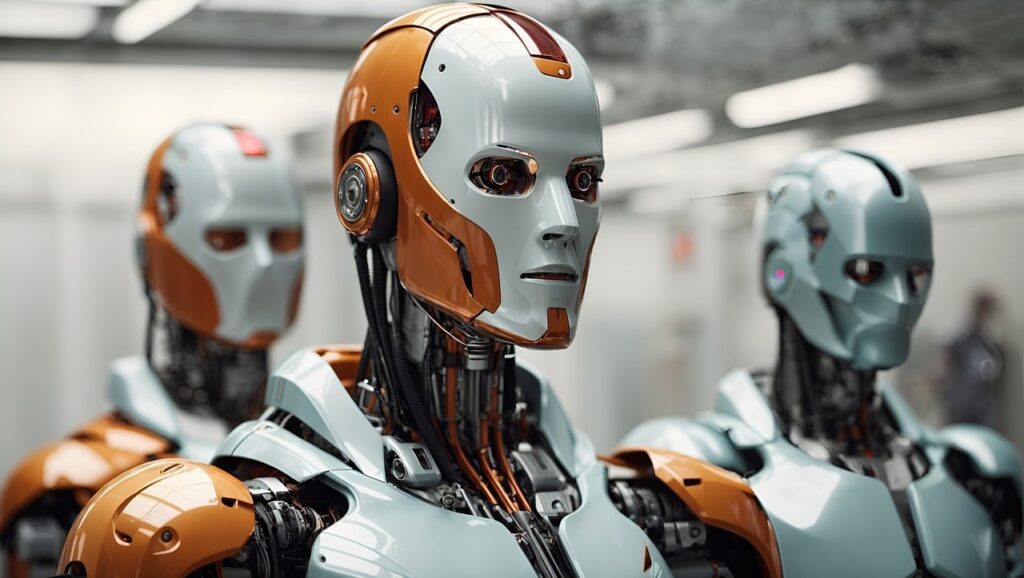
4.1 AI in Design and Simulation
AI is revolutionizing the way engineers approach design and simulation, enabling more efficient and innovative processes.
4.2 AI in Manufacturing
In manufacturing, AI is driving automation, improving quality control, and optimizing production processes.
5. Applications of Artificial Intelligence in Entertainment
The entertainment industry is leveraging AI to create more immersive and personalized experiences for consumers.
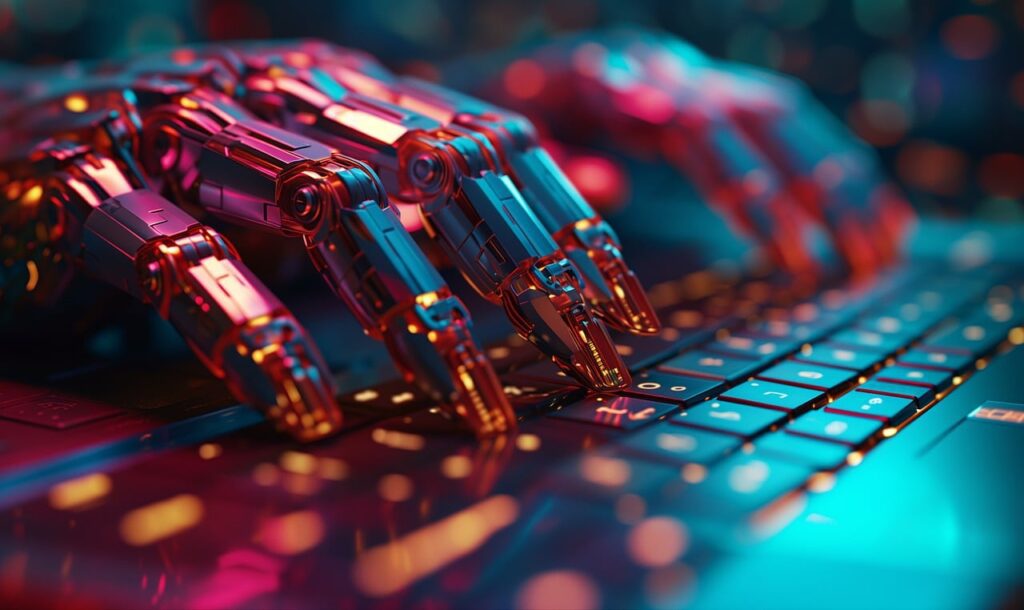
5.1 Content Creation
AI is being used to generate content, from music to films. For example, AI algorithms can compose music, write scripts, and even produce visual effects, opening new possibilities for creativity in the entertainment industry.
5.2 Personalized Recommendations
Streaming platforms like Netflix and Spotify use AI to provide personalized content recommendations. By analyzing a user’s viewing or listening habits, AI can suggest movies, shows, or songs that align with their preferences, enhancing the user experience.
Conclusion
The applications of artificial intelligence are vast and varied, touching nearly every aspect of our lives. From healthcare to entertainment, AI is not only making processes more efficient but also opening new avenues for innovation. As we continue to explore the potential of AI, one thing is clear: this technology is here to stay, and its impact will only grow in the years to come.
So, what does the future hold for AI? While we can’t predict everything, we can be sure that AI will continue to evolve, bringing with it opportunities and challenges that will shape the world in profound ways. Are we ready to embrace this new era of intelligence? Only time will tell.
